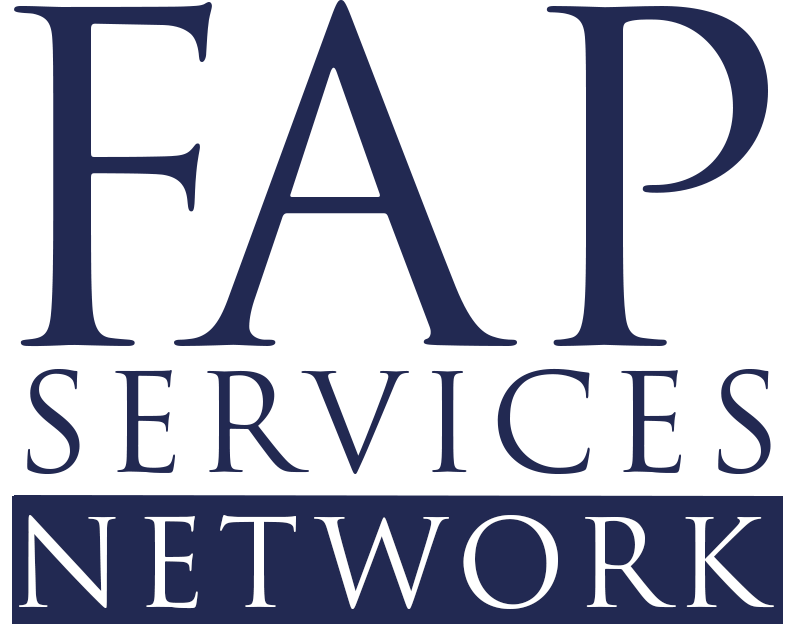When it comes to providing personal risk advice to owners of very small businesses, you first need to understand the business situation and have assessed its financial risks and flow on impacts to their personal situation before you can accurately assess what the personal insurance requirements are.
Advisers that are working with very small businesses often ask me can they do the personal risk advice first and ‘worry’ about the business risk later?
In my experience you will not be able to assess the true extent of the personal financial risk the family faces without firstly having a thorough understanding of the impact on the business from the disablement or death of the key person and the potential flow on effect on the family’s assets, debt position and ongoing access to income.
The most common issues that can arise if the personal risk is assessed independently of the business are:
- The level of insurable income for income protection purposes will not be accurate or optimised to reflect the true financial loss
- The negative impact on the business will be downplayed so the need for personal income protection ‘dismissed’
- The business owner will be overly optimistic about the value of the business in a fire sale and so will overestimate the cash that will come to their estate
- Costs of exiting out of the business will be underestimated potentially leaving the estate with debt and exposure to creditors that had not been factored into their personal requirements

If you do not understand the business situation and have not seen the financial statements for the business, you will not be able to determine if the clients ‘assumptions’ about the impacts of their disablement or death are valid.
The result on their personal risk needs could be that you under forecast the amount of insurance they need because you have misjudged the cash coming in and the cash that might have to go out if the business isn’t as profitable or has to be shut down.
Income Protection is one of the foundation components of a Personal Risk plan when the household income is generated by the work of its family members.
The individual tax returns of business owners rarely reflect the true level of personal income that the business provides to the household.
There are many legitimate ways that surplus’s can be allocated that result in lower taxable income for the owners. But there are also some expenses such as home office costs, that can be deductible by the business but provide a financial benefit to its owners.
If you use the personal tax return as the basis for determining the insurable income for a business owner, it is highly likely you will be under insuring the financial loss of income to the household.
To determine what you can add back to income declared for personal tax you will need to know:
- The financial interdependence between the business, the owner and the personal situation
- The financial performance and financial position of the business
- What actual cash is coming into the household from the business versus what is declared as the personal taxable income
- The financial impact on the business of an event such as disablement or death of the owner/key person
Standard 3 of the Code of Conduct requires that a financial adviser must ensure that the financial advice given is suitable for the client. This includes taking account of the client’s circumstances that are relevant to your financial advice. Its hard to imagine that personal risk advice to a small business owner would not need to include an understanding of their business situation given they are so interdependent of each other.
If you are advising small business owners and their families on their financial risks on death and disablement you should begin with the business understanding first so that you know what exposure the family potentially has. Then you can build a comprehensive plan that provides the protection they need.
Back to Articles >>
Note: This article was recently published first at www.riskinfo.nz as part of Risk Info NZ’s Adviser Focus Series.

